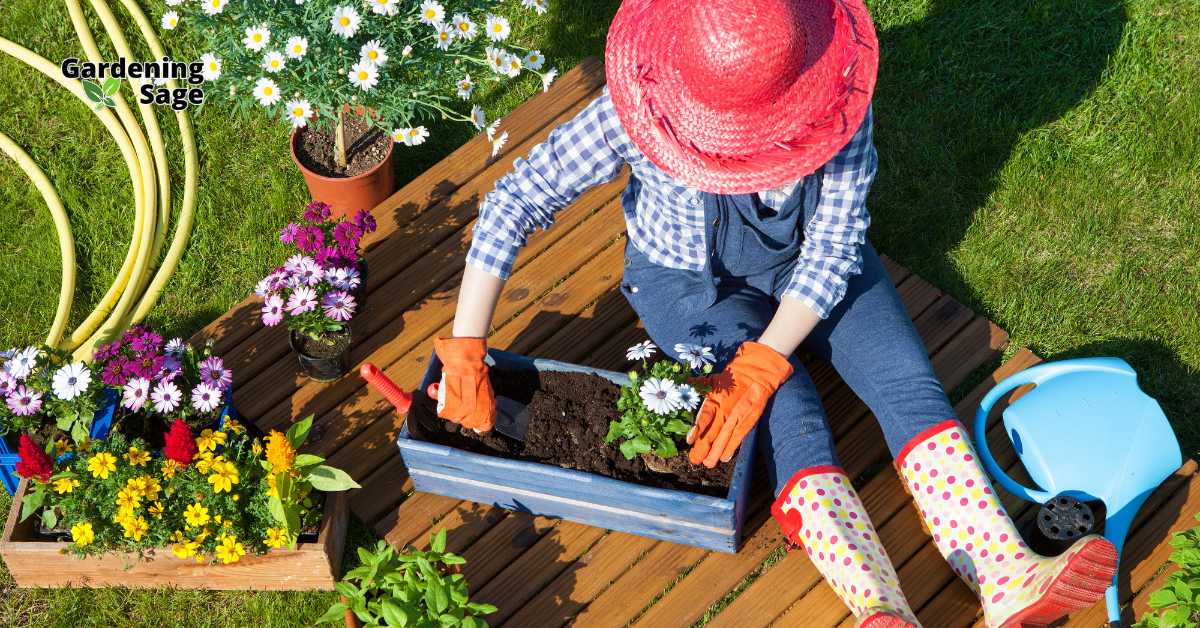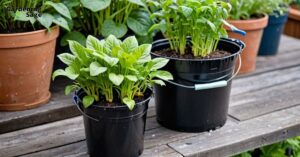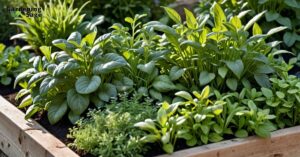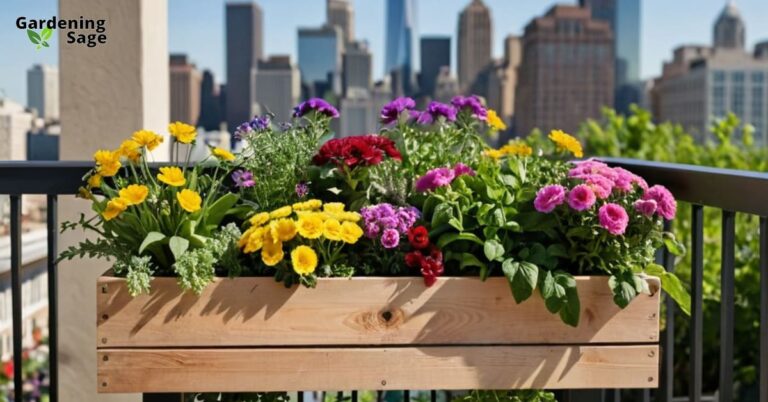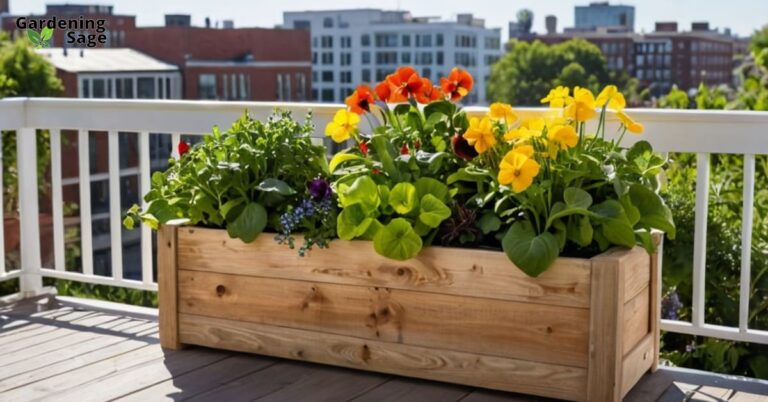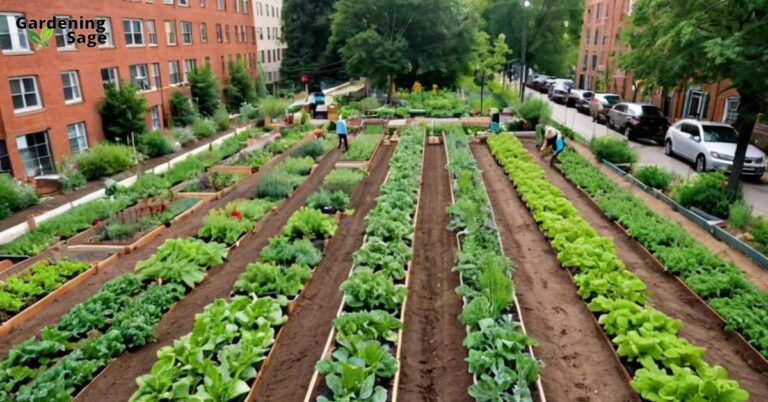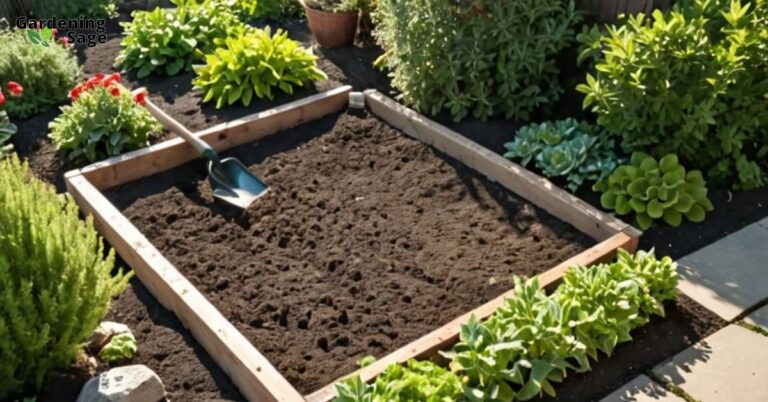Elevating Your Gardening Game
Gardening is a journey of continuous learning and adaptation. In the quest for a flourishing garden, understanding how to defend your plants against various threats is crucial.
This comprehensive guide unveils 14 innovative strategies for plant defense, coupled with smart gardening tips, to help you master the art of gardening and nurture a vibrant, resilient landscape.
Understanding Plant Defense Mechanisms
Before diving into specific strategies, it’s important to understand the basics of plant defense. Plants have evolved various mechanisms to protect themselves from pests, diseases, and environmental stressors.
These defenses can be physical, like thorns and tough leaves, or chemical, involving the production of compounds that deter predators or attract beneficial allies.
14 Innovative Strategies for Plant Defense
- Choose Disease-Resistant Varieties: Start with the right seeds or seedlings. Opt for varieties known for their resistance to common diseases and pests in your area.
- Practice Crop Rotation: Rotating your crops annually helps prevent the buildup of soil-borne diseases and disrupts pest life cycles.
- Encourage Beneficial Insects: Create a habitat for beneficial insects like ladybugs and bees. They play a vital role in pollination and natural pest control.
- Use Companion Planting: Some plants, when grown together, can enhance each other’s growth and offer mutual protection against pests.
- Implement Organic Pest Control Methods: Explore organic solutions such as neem oil, diatomaceous earth, or homemade sprays like garlic or chili pepper solution.
- Maintain Healthy Soil: Healthy soil is the foundation of a healthy garden. Regularly add organic matter like compost to enrich your soil.
- Efficient Watering Techniques: Over or under-watering can stress plants, making them more susceptible to diseases. Water deeply but infrequently to encourage strong root development.
- Regular Pruning: Pruning helps improve air circulation and sunlight penetration, reducing the likelihood of fungal diseases.
- Mulching: Apply a layer of mulch around your plants to retain moisture, suppress weeds, and regulate soil temperature.
- Proper Plant Spacing: Avoid overcrowding, as it can create a humid environment favorable for pests and diseases.
- Monitor and Act Quickly: Regularly inspect your plants for signs of stress, pests, or diseases. Early detection is key to effective management.
- Use Physical Barriers: Netting, row covers, or collars around plants can physically protect them from pests.
- Smart Gardening Tools and Technology: Leverage technology like soil moisture sensors or smart irrigation systems for precise watering and care.
- Educate Yourself Continuously: Stay informed about the latest gardening trends, techniques, and natural pest control methods.
Smart Gardening Tips for Everyday Practice
- Adopt Sustainable Practices: Embrace sustainability in your gardening methods. Conserve water, recycle garden waste, and reduce your use of synthetic chemicals.
- Plan Your Garden Layout: Design your garden with defense in mind. Place taller plants to provide shade for those that need it and use natural windbreaks to protect delicate plants.
- Stay Adaptive: Be prepared to adapt your gardening practices as you learn from experience and observe changes in your garden’s ecosystem.
- Connect with Other Gardeners: Join gardening communities, either locally or online, to share experiences, tips, and advice.
Garden of Resilience and Beauty
Mastering the garden is an ongoing process that requires patience, observation, and a willingness to adapt.
By implementing these 14 innovative strategies for plant defense and embracing smart gardening tips, you can develop a robust and beautiful garden.
Remember, the most successful gardeners are those who learn to work with nature, not against it, creating a harmonious and sustainable environment for plants to thrive.

